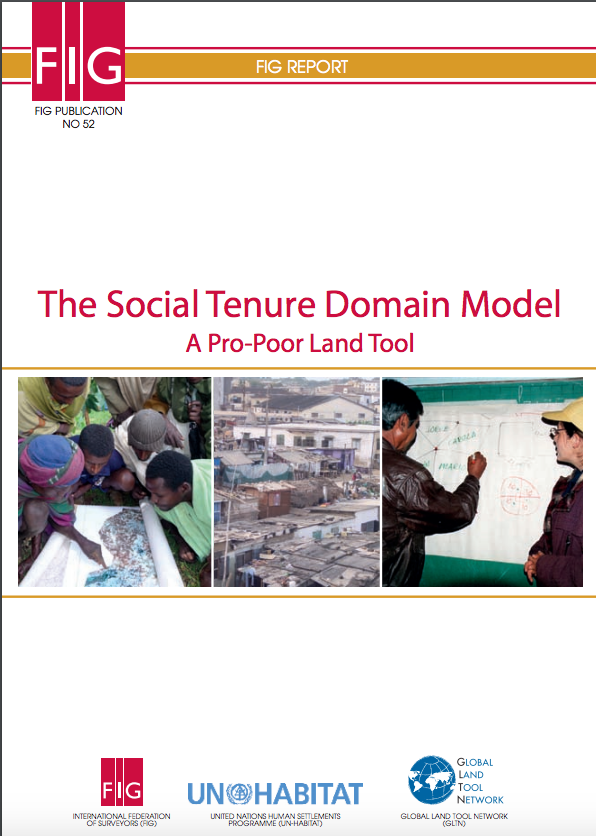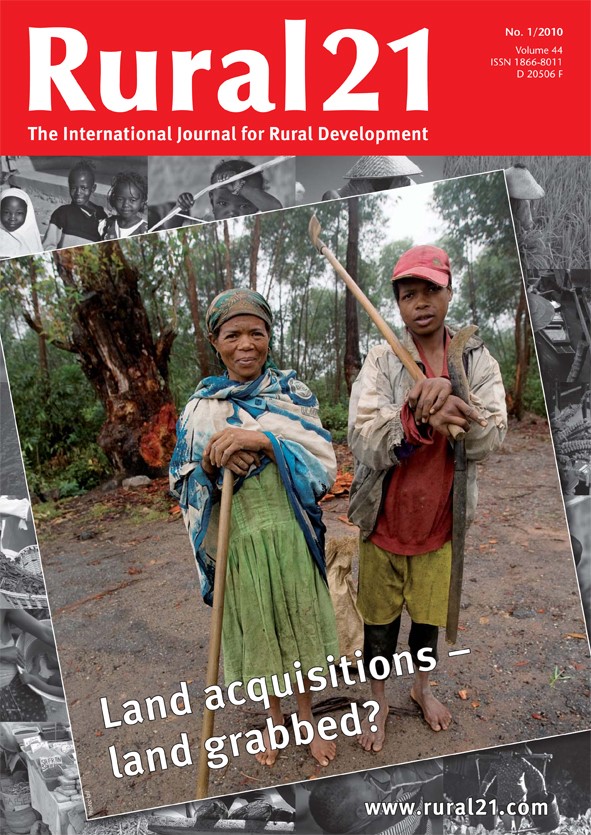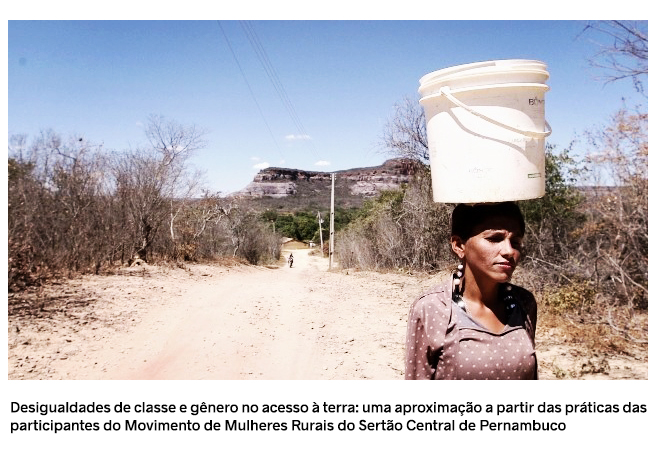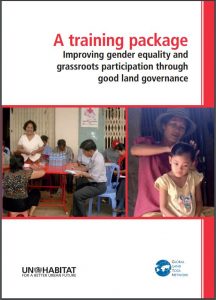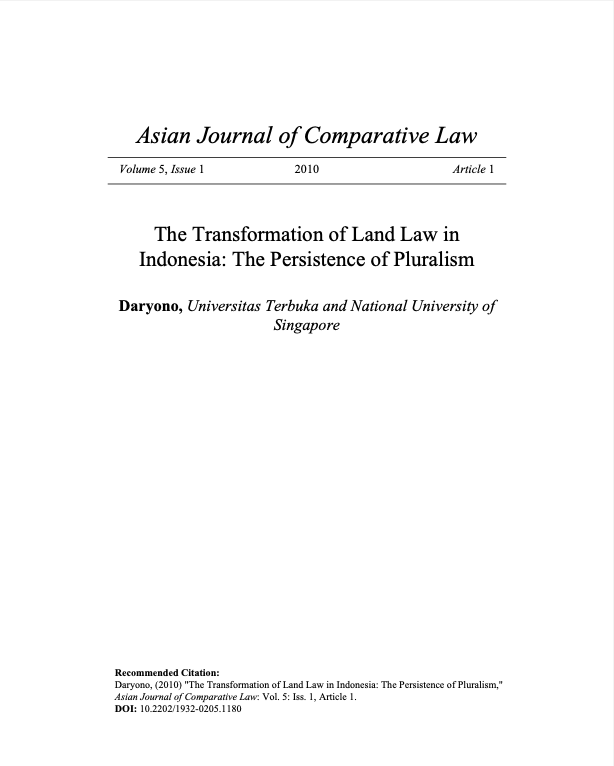The role of collective action and property rights in climage change strategies
The well-documented threats posed by climate change are serious and potentially devastating to the global community. The geographic areas that are most susceptible to the effects of climate change, such as increased droughts and flooding, are also the regions where the majority of the world’s poor live.


